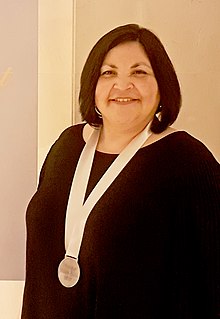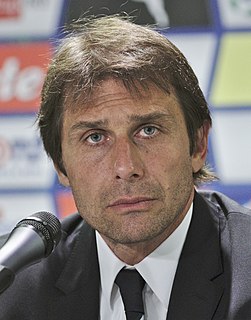A Quote by Eden Robinson
The world is fine. Our place on it is precarious.
Quote Topics
Related Quotes
Increasingly, we're seeing two worlds in Canada. The world for most Canadians is increasingly unaffordable, involves more precarious work, and is a harder place in which to get by. The second world is an exclusive club for the wealthy and well-connected who get special access and are exempt from rules the rest of us play by.
In the antiseptic world we try to purge ourselves of difficult things. Don't dwell on it, switch off the light and go home. But this is home. I have to be a home to myself. I am the place I come back to and I can't keep hiding difficult things in trunks. Soon the house will be full of trunks and I perched on top of them with the phone saying, "Yes, I'm fine, of course, I'm fine, everything's fine." The trunks shudder.
Our world is not an optimal place, fine tuned by omnipotent forces of selection. It is a quirky mass of imperfections, working well enough (often admirably); a jury-rigged set of adaptations built of curious parts made available by past histories in different contexts. A world optimally adapted to current environments is a world without history, and a world without history might have been created as we find it. History matters; it confounds perfection and proves that current life transformed its own past.
For the 99 percent of the time we've been on Earth, we were hunter and gatherers, our lives dependent on knowing the fine, small details of our world. Deep inside, we still have a longing to be reconnected with the nature that shaped our imagination, our language, our song and dance, our sense of the divine.






































